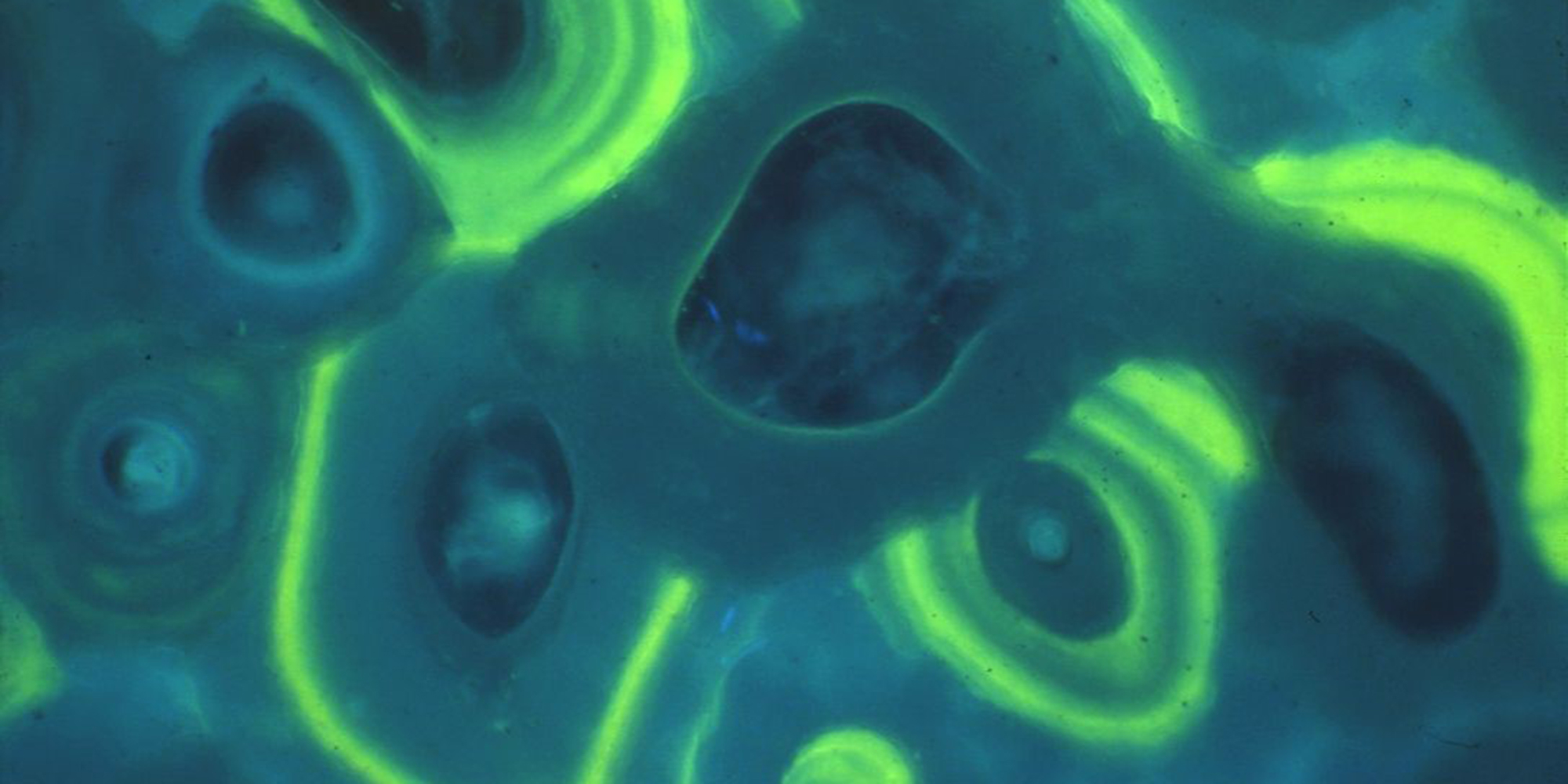Guidelines for researchers wishing to access existing MFRC research data or who may request access to, or loan of, biological material.
First contact should be made with Dr Rita Hardiman, curator of the archive, clearly stating the nature of your enquiry.
Unless you are already known to members of our committee of management you may then be requested to provide references to reassure us that you are a bona fide scholar with legitimate reasons to request access.
Inevitably each request will have to be considered on its merits balancing the likely benefits of the study against any degradation of the material in the collection and the implications for any further research into the future. It follows that after initial correspondence has clarified any request the committee of management would require details of any proposed study (such as study methodology and an outline of the research question). Such information would of course be treated with the utmost confidence while a decision is made whether or not the MFRC can support the request. Should a request for access be denied then the details of the request provided will be destroyed to guarantee privacy.

If the CoM of the MFRC agree to support the proposal then discussion about prevailing ethical arrangements for any proposed study, logistical arrangements, security of data and material and cost recovery implications would need to be discussed to confirm the feasibility of the collaborative arrangements.
Thus far it has been the practice of the MFRC team led by Prof John Clement, who initiated the collection, that research data gained from studies of the material be provided back to the MFRC so the database is augmented by each successive study for the benefit of any future collaborators.
Whilst the transfer of large digital data files is becoming easier the transfer of biological material remains more problematic. Documentation will be provided to reassure any customs or quarantine official that the material has been collected ethically and has been screened or treated to ensure that it poses no risk to human health. Materials should never be entrusted to the postal service but must be carried either as personal hand luggage or conveyed by a carrier with expertise in the tracked transfer of biological material. The whereabouts of every sample must be known at all times and samples/containers must always be labelled with their MFRC catalogue number. Material is only ever provided on the basis of a loan for an agreed period of study. Costs for safe transport of material to and from the MFRC will always be the responsibility of the borrower.